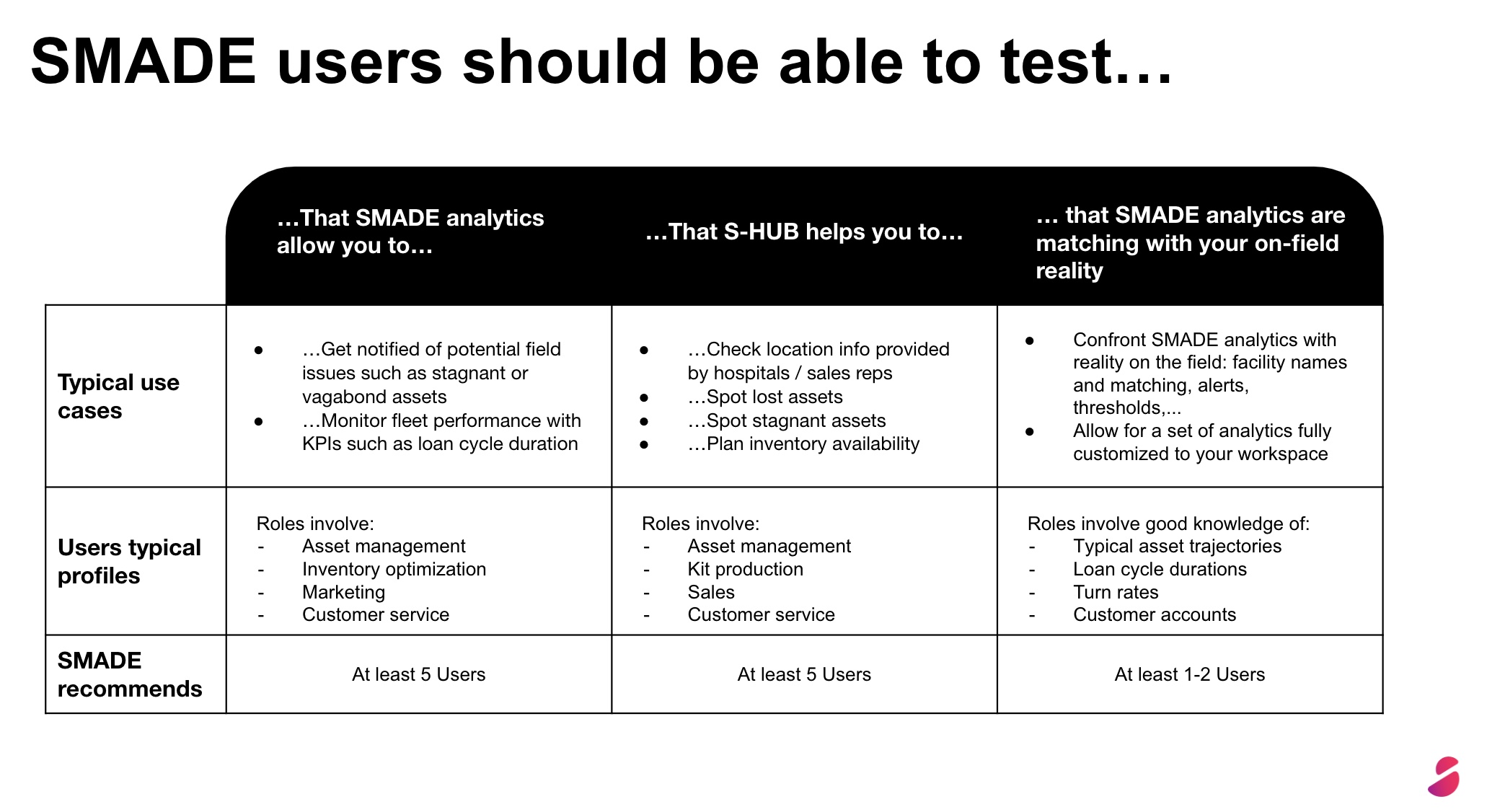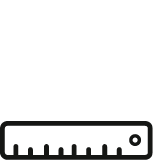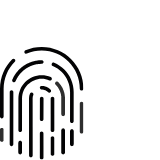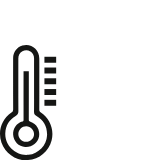Spread the word !
Other posts
Discover S-HUB Makalu
It’s been a week since S-HUB Makalu has been released!
Here’s a short video highlighting the key new features of this version!
To Produce or To Track? Choosing the Best Strategy in Orthopedics
“To be or not to be” is a question that has transcended centuries. But in the orthopedics industry, it finds its modern-day equivalent: “To produce…
If you love to write about smart healthcare, fill this form to become a writer for ‘In Your hands’.










